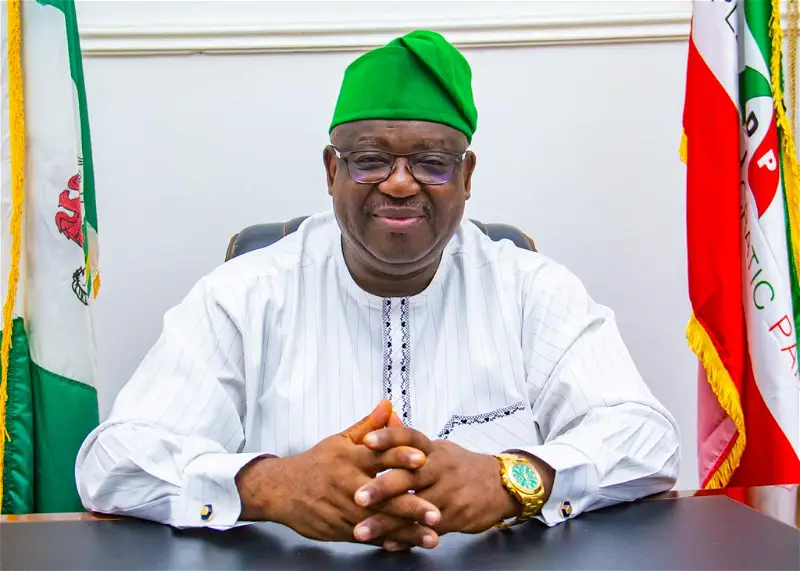Breaking News
Plateau Has Recorded Nearly 12,000 Deaths in 24 Years, Says Governor Mutfwang
Governor Caleb Mutfwang reports that Plateau State has recorded almost 12,000 deaths over the past 24 years, highlighting the scale of insecurity and the urgent need for lasting peace in the region.

Plateau State Governor Caleb Mutfwang has expressed deep concern over the prolonged insecurity in the state, revealing that close to 12,000 people were killed between 2001 and May 2025. He added that at least 420 communities suffered attacks within the same period, resulting in mass displacement, destroyed livelihoods, and worsening humanitarian conditions.
Mutfwang, represented by Deputy Governor Ngo Josephine Piyo, presented the sobering statistics on Thursday at the North-Central Zonal Public Hearing of the Senate Ad-Hoc Committee on the National Security Summit, held in Jos.
The governor said evidence shows that many of the attacks were not random but “deliberate, coordinated and sustained,” driven by groups pursuing political, territorial, economic, and religious objectives. He also noted that criminal networks continue to exploit mining sites across the state, funnelling proceeds from illegal mining into the purchase of weapons and drugs despite government crackdowns.
Mutfwang condemned the ongoing displacement, land grabbing, and destruction of farmlands, warning that insecurity has eroded cultural identity and economic stability for many communities. He questioned whether governments at all levels have lived up to their constitutional duty under Section 14(1) of the 1999 Constitution, which prioritises citizens’ security and welfare.
Calling for unity, he urged Nigerians to abandon divisive narratives: “It is time to stop comparing casualty figures across ethnic or religious divides. It is time to unite, join hands and confront this menace collectively.”
The public hearing brought together federal lawmakers, security agencies, traditional rulers, civil society groups, and community stakeholders to examine persistent security challenges across the North-Central region.
Senator Abba Moro, leading the delegation, said the summit was designed to collect local perspectives on issues such as insurgency, banditry, farmer–herder clashes, kidnapping, militancy, arms proliferation, and farmland destruction. He noted that current insecurity is shaped by factors such as economic hardship, porous borders, youth unemployment, environmental pressures, and unresolved historical grievances.
He assured attendees that their contributions would guide legislative reforms, budget priorities, and national security policies.
The Plateau Initiative for Development and Advancement of the Natives (PIDAN), represented by Dara Gyang Dudu, submitted detailed records of repeated attacks in Irigwe, Mupun, Mwaghavul, Bokkos, and other communities. PIDAN called for stronger protection of native land rights, mutual respect between settlers and indigenes, and strict adherence to constitutional religious freedoms.
Reverend Gideon Para-Mallam of the Para-Mallam Peace Foundation advocated restructuring the security system to include federal, state, local, and community policing. He also pushed for a national resettlement plan to safely return internally displaced persons, along with laws criminalising land grabbing.
Senator Opeyemi Bamidele, who chaired the summit, expressed optimism that the shared insights would shape lasting strategies for Plateau and the broader North-Central region.
Opinion Nigeria News










